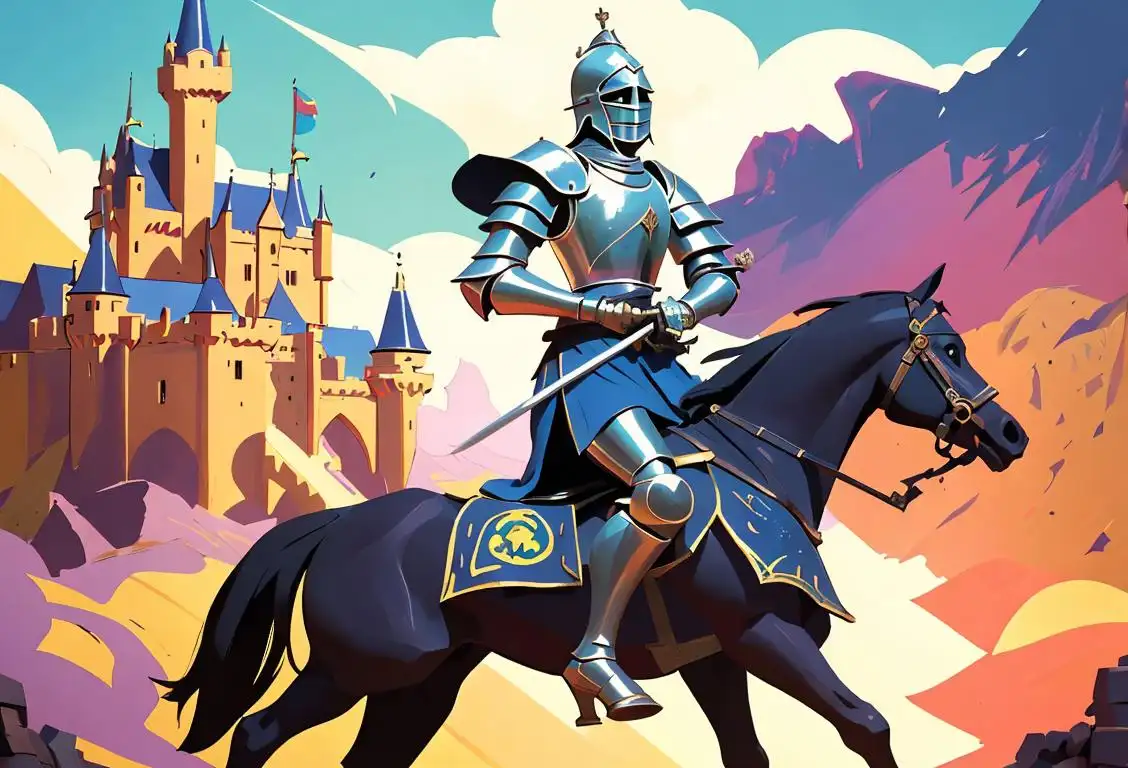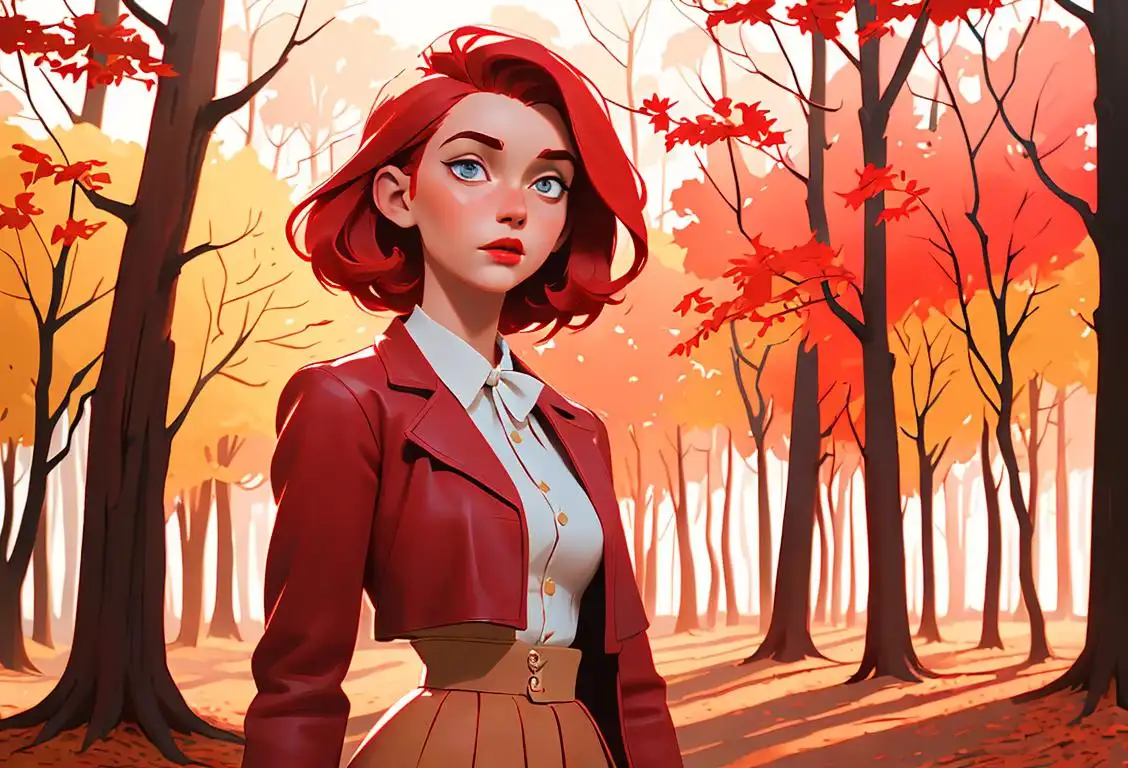National Epic Day

Welcome, my curious friend, to the mysterious realm of National Epic Day! Get ready to embark on a literary adventure like no other, as we delve into the fascinating world of epic tales and heroic sagas. Prepare to be amused, entertained, and enlightened as we journey through the annals of history and the vast expanses of the internet to uncover the origins and significance of this incredible day.
When is Epic Day?
It's national epic day on the 28th February.
The Epic Origins
Now, you might be wondering, what exactly is an epic? Well, my dear reader, let me enlighten you. An epic is a grand and lengthy narrative poem which typically celebrates the deeds and adventures of a legendary hero or heroine. These tales are filled to the brim with brave warriors, mythical creatures, epic battles, and, let's not forget, a healthy dose of poetic prowess.
But how did National Epic Day come into being? The internet whispers of this auspicious day trace back to the year 2018 when it first made its digital debut. Since then, it has captured the hearts and imaginations of literature enthusiasts and internet explorers alike, spreading its epicness far and wide.

The Online Odyssey
Our trusty online spies have detected a total of 5 mentions of National Epic Day across the vast internet landscape. The most fervent buzz surrounding this day occurred on February 28, 2018, when epic enthusiasts from all corners of the web came together to celebrate the timeless tales that have woven their way into our cultural fabric.
A Grand Gathering of Tags
Now, let's take a moment to gather our arsenal of descriptive tags that will guide you through the incredible journey of National Epic Day. We have an eclectic mix of tags to appeal to every reader, including loved ones, fun, romance, and awareness. Buckle up, my friend, as we traverse through a wide range of emotions and themes during this memorable expedition!
History behind the term 'Epic'
Ancient Greece (8th century BCE)
Epic poetry emerges
The term 'epic' finds its origins in ancient Greece, specifically in the 8th century BCE. It refers to a form of long narrative poetry, typically dealing with heroic events and characters. Epic poems were recited and performed orally, often in a lyrical and elevated manner. The most famous example of an epic poem from this period is the 'Iliad' by Homer, which tells the story of the Trojan War.
Middle Ages (7th to 15th centuries CE)
Epics spread across cultures
During the Middle Ages, epic poetry continued to flourish and spread across various cultures. Different regions and civilizations developed their own epic traditions, incorporating elements of mythology, religion, and history. Notable examples include the 'Epic of Gilgamesh' from Mesopotamia, the 'Mahabharata' from India, and the 'Song of Roland' from France. These epics became cultural touchstones, shaping the collective identity and values of their respective societies.
Renaissance (14th to 17th centuries CE)
Epics inspire literary works
During the Renaissance, the influence of epic poetry extended beyond the realm of oral tradition. Epics served as sources of inspiration for authors and poets, shaping the development of literary works. Renaissance writers like Dante Alighieri, with his epic poem 'Divine Comedy,' and Edmund Spenser, with his epic allegory 'The Faerie Queene,' drew upon the grandeur and narrative structure of ancient epics to create their own masterpieces.
Modern usage (19th century CE)
Epic becomes an adjective
In the 19th century, the term 'epic' expanded its meaning beyond the realm of poetry. It started being used as an adjective to describe any grand, heroic, or monumental work or event. This broader usage allowed 'epic' to transcend its original literary context and find relevance in various fields, including film, music, and popular culture. Today, 'epic' is commonly used to describe anything extraordinary, awe-inspiring, or legendary.
Did you know?
Did you know that the epic poem 'The Odyssey' by Homer is considered one of the most famous and influential works of literature? It tells the tale of Odysseus' journey home after the Trojan War and has inspired countless other epic adventures throughout history!Tagged
romance awareness fun loved onesFirst identified
28th February 2018Most mentioned on
28th February 2018Total mentions
5Other days
Boyf Day
Kissing Fried Chicken Day
Suicide Prevention Month Day
Love Your Red Hair Day
Compliment Day
Kiss A Ginger Day
Happiness Day
Iloveyou Day
Do Something Nice Day
Opposite Day









